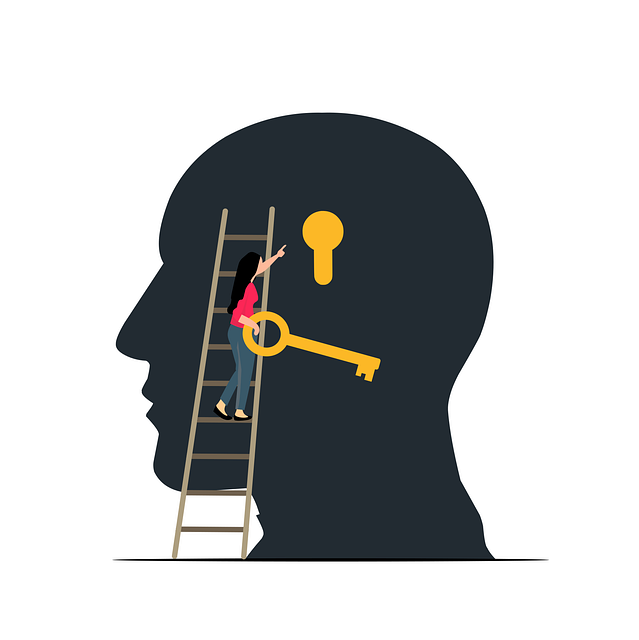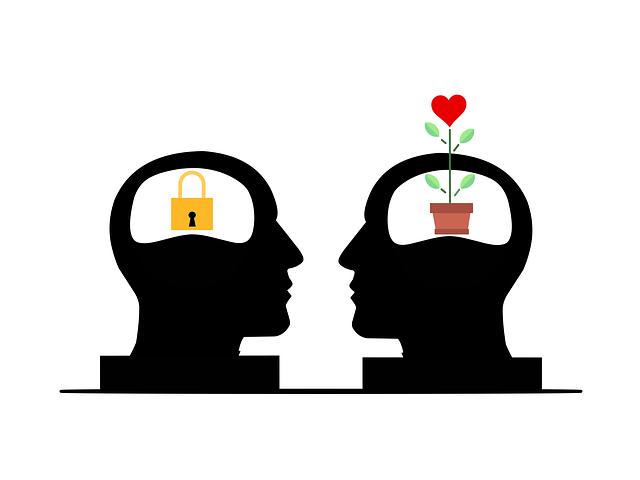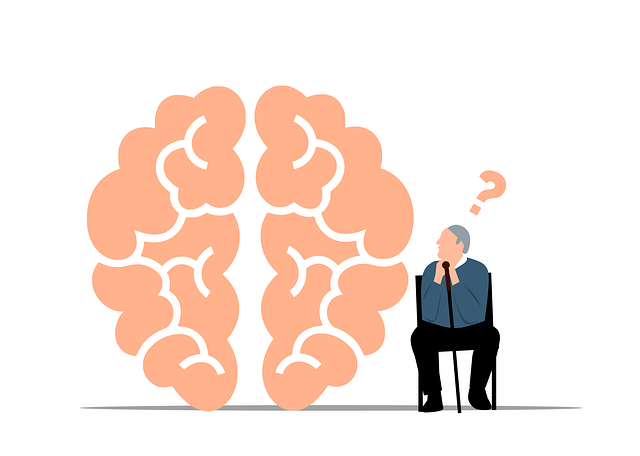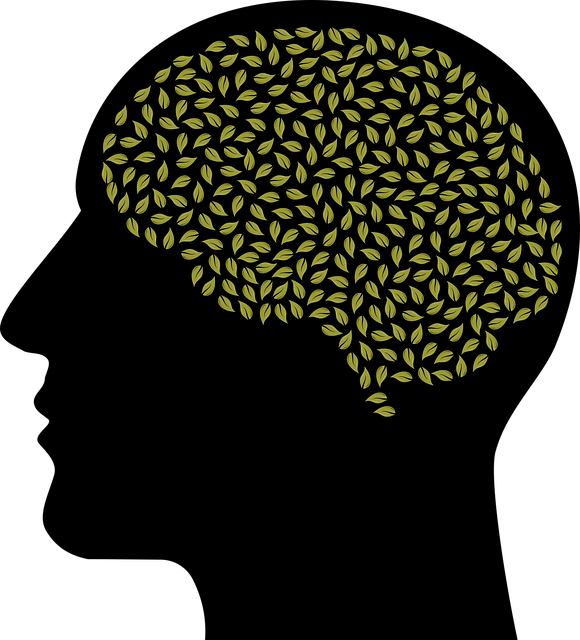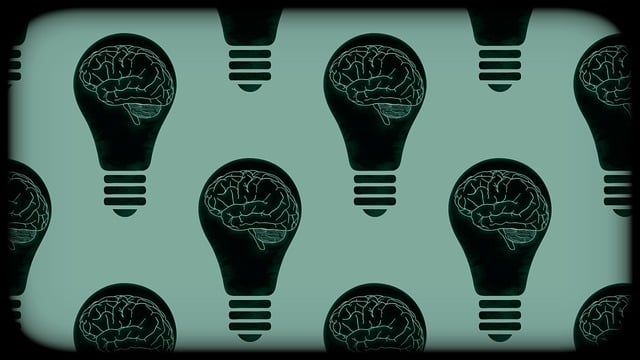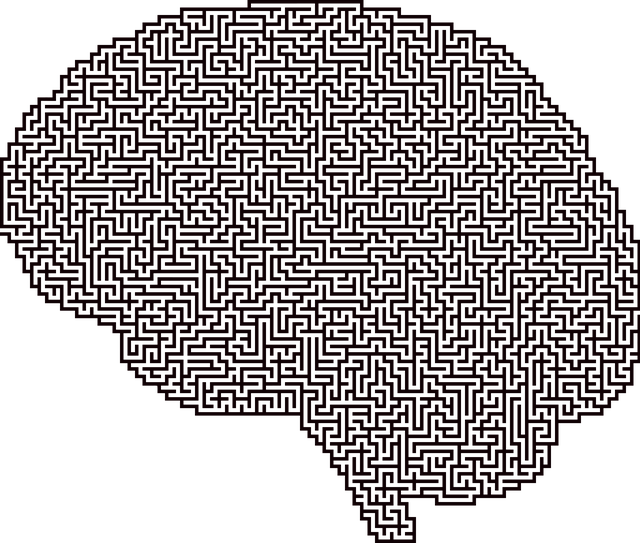Mental health education is key to fostering supportive communities where individuals seek help without stigma. Through interactive sessions on risk assessment, coping strategies, and communication, people learn to manage their emotional well-being. Cognitive Behavioral Therapy (CBT) and other practices like Trauma Support Services and Compassion Cultivation are vital tools for anger management, promoting emotional intelligence and resilience. Integrating diverse therapeutic techniques in education programs ensures effectiveness, with measurable success tracked through participant satisfaction surveys, mental health outcome changes, and community policy improvements, particularly focusing on therapy for adults and anger management strategies.
- Understanding Mental Health: Dispelling Stigma and Promoting Awareness
- Anger Management Techniques: Strategies for Adult Participants
- Integrating Therapeutic Practices: Creating an Effective Program Curriculum
- Measuring Success: Evaluating the Impact of the Mental Health Education Program
Understanding Mental Health: Dispelling Stigma and Promoting Awareness

Understanding mental health is a cornerstone of any comprehensive education program. It begins with dispelling stigma and promoting awareness about various aspects of mental wellness. Mental health issues are common, affecting millions worldwide, yet they often carry a heavy social stigma that prevents individuals from seeking help. By educating people about what constitutes good mental health, recognizing signs of distress, and understanding the resources available, we can foster an environment where support is sought without fear of judgment. This proactive approach ensures that individuals, especially adults, receive the necessary therapy for their specific needs, including anger management, which plays a significant role in overall well-being.
Effective mental health education should include interactive sessions on risk assessment, teaching participants how to identify potential hazards and implement healthy coping strategies. Communication strategies are vital; encouraging open dialogue ensures individuals feel comfortable discussing their experiences. Mental wellness is not merely the absence of disease but a state of emotional, psychological, and social well-being. Through these educational initiatives, we empower individuals to take charge of their mental health, leading to improved quality of life and stronger communities.
Anger Management Techniques: Strategies for Adult Participants

Anger management techniques are crucial components of any mental health education program designed for adults. Effective strategies can empower participants to navigate and regulate their emotions in healthy ways, fostering improved mental wellness. One evidence-based approach involves cognitive behavioral therapy (CBT), which helps individuals identify triggers, challenge negative thought patterns, and develop adaptive coping mechanisms. By learning to recognize underlying causes of anger, adults can transform their emotional responses, leading to better overall mental health.
Incorporating Trauma Support Services, Mental Wellness Journaling Exercise Guidance, and Compassion Cultivation Practices into the program further enhances its effectiveness. Journaling allows individuals to reflect on their emotions and track progress over time. Compassion cultivation practices encourage participants to develop kindness and understanding towards themselves and others, reducing anger and promoting resilience. Together, these techniques offer a holistic approach to therapy for adults, aiming to enhance emotional intelligence and overall mental health.
Integrating Therapeutic Practices: Creating an Effective Program Curriculum

Integrating therapeutic practices is a cornerstone in designing effective mental health education programs. To create a robust curriculum, consider incorporating evidence-based techniques that cater to diverse needs, especially those focused on adults seeking anger management solutions. Techniques like cognitive-behavioral therapy (CBT) offer powerful tools for challenging negative thought patterns and behaviors, fostering inner strength development, and promoting positive thinking—all vital components in managing anger effectively.
The curriculum should also emphasize the importance of teaching mindfulness practices and anxiety relief techniques alongside traditional therapy methods. By balancing therapeutic approaches, the program can cater to individuals with varying preferences and needs. This holistic integration prepares participants to navigate life’s challenges, fostering resilience and encouraging positive mental health habits that endure long after the program concludes.
Measuring Success: Evaluating the Impact of the Mental Health Education Program

Measuring success is a vital component of any educational program, especially those focusing on mental health. Evaluating the impact of a Mental Health Education Program involves a multi-faceted approach to understand its effectiveness and sustainability. One way to gauge success is by assessing participant satisfaction through surveys and feedback forms. This provides insights into how well the program addressed individual needs and whether it fostered a safe space for learning. Additionally, tracking changes in mental health outcomes over time can offer tangible evidence of the program’s impact on participants’ lives.
Beyond self-reported improvements, integrating professional assessments and therapy sessions for adults, particularly focusing on anger management techniques, can provide quantitative data. These sessions, coupled with Compassion Cultivation Practices and positive thinking exercises introduced during the program, may lead to measurable reductions in anger-related incidents or improved emotional regulation. A comprehensive Mental Health Policy Analysis and Advocacy approach ensures that these evaluations translate into actionable changes, ultimately improving mental health services available to the community.
Mental health education programs, by integrating therapeutic practices like anger management techniques, can significantly enhance participant well-being. As demonstrated in this article, dispelling stigma and promoting awareness is crucial, while offering practical strategies such as anger management training ensures a comprehensive approach to mental health support. Effectively designing and evaluating these programs allows for continuous improvement, ultimately fostering healthier communities. For adults seeking therapy, accessible education and skill-building opportunities can revolutionize their mental health journey.
